When a youth goalie steps in between the pipes we expect them to have fun.
We expect them to be challenged by the task at hand but to do so in a nurturing environment where they learn skills – both athletic and life.
Nothing is worse than hearing that your little goalie’s experience is being overshadowed by bullying. Some to the point where they don’t want to participate in the sport anymore.
Such is the case of a goalie dad who recently sent me an email:
A little background- Even though this year my 11 year old is technically on the “A” team, the team is just not good. He is now starting to have a few kids at school tell him he is a sucky goalie because they lost 15-1 on Friday night. I did keep track on my phone, the other team took 29 shots on our goal, and we took a grand total of 3 on theirs. Any suggestions on how to keep comments from staying with him? I know kids can be totally obnoxious but we don’t want him to get discouraged.
To me this falls under the broader category that is pretty relevant in today’s age – bullying.
Let’s discuss it a little.
What is Bullying?
Bullying is deliberately hurting a specific person either physically, verbally, psychologically or socially.
Bullying can take many forms but some common examples when it comes to lacrosse include:
- Targeting team members who do not perform as well as others.
- Targeting, intimidating and coercing new team members and forcing them to prove they belong on the team.
- Ganging up on team members because a “leader” on the team does not like them.
- Harassing team members when they make a mistake during the game.
Every goalie – every person in sport for that matter – has the right to participate in an environment that is fun, safe and healthy, and to be treated with respect, dignity and fairness. Bullying eliminates that.
Bullying can be a ‘one-off’ incident but usually involves repeated actions or incidences.
It can occur everywhere: at home, at school, or while on the lacrosse field. With today’s social media like Instagram, Facebook, or Snapchat kids can get bullied via the computer now just like face to face.
The extent of bullying can take a few forms. Whether that’s physical like pushing, shoving, punching, or taking away someone’s things. Could be verbal like name calling, teasing, or threat.
And finally, there’s social bullying like excluding, alienating, ignoring, or spreading rumors about a teammate.
Goalies – and athletes in general – who are subjected to bullying will often lose focus, play or perform tentatively, feel anxious, and lose the desire to give it their all in a game.
Some may even want to quit lacrosse altogether.
Goalies who have a bad game – even when it isn’t there fault – can lose their confidence as a result of bullying.
And we all know, once confidence is lost, it’s very hard to get back.
In addition, they’re reluctant to tell their parents or coaches they’ve been bullied because they’re embarrassed or feel shame.
So how can we fix bullying in lacrosse?
Bullying is the Result of Poor Team Culture
I’m a strong believer that bullying is the result of poor team culture.
I’m also a strong believer that it is the coach’s job to set and enforce the team culture.
So if players on a lacrosse team are getting bullied, the coach has not done his/her job.
Coaching isn’t just about winning games.
The best coaches turn kids into strong leaders who do the right thing.
Here’s a few tips for coaches to create a positive team culture, free from bullying:
Set Expectations Day 1
Start the season off by detailing your expectations when it comes to behavior.
Tell the kids that you won’t tolerate poor sportsman and above all else you will never tolerate bullying.
Consider establishing consequences for bad behavior. For instance, a kid caught bullying might have to sit out the game. Once you’ve established these rules, you need to stand by them, even if it means that you’re not able to use your best player.
When you set the right tone and example for all of your players, you can build a team that’s free from bullying.
Be an Example
Kids often mimic the behavior of the adults in their lives.
I’m sure everyone reading this knows a coach who has belittled a player in the attempt to make them perform better or work harder.
If you’re calling people names and treating the individuals on your team poorly, you’re creating a breeding ground for bullying.
When a defenseman has heard you yell at the goalie, he/she feels very comfortable doing the same.
Show every single person the type of respect you want your players to show.
Encourage Friendships
Goalies sometimes feel like outsiders on the team.
Especially in women’s lacrosse with all the goalie gear.
Lacrosse athletes who are outsiders are often the victims of bullying, and coaches can do a lot to make sure that none of the kids feel left out.
While it’s only natural for kids to find a few they feel closer to, a coach can guide the team members to always remember to include everyone.
Wherever possible encourage friendships on the team and realize that goalies (especially in the women’s game) sometimes feel like outsiders.
Nip Bullying Behavior in the Bud
As a coach, never turn a blind eye to bullying behavior.
As kids get a little older, the level of friendly trash talk starts to increase but you need to be on the lookout to ensure it doesn’t cross the line to bullying territory.
Let parents know that you want to hear about bullying.
Make sure that your team knows they can come to you.
Talk to the team when bullying becomes a problem and follow through on consequences if you catch a kid bullying your goalie (or anyone else on the team).
Throw the Bully in Goal for a Practice
Goalie is a tough position.
If you have one kid who is constantly getting on your goalie’s case for letting in shots, try putting him/her in goal for a practice.
I think their perspective will change will real quick.
And sometimes a change in perspective is all that’s needed .
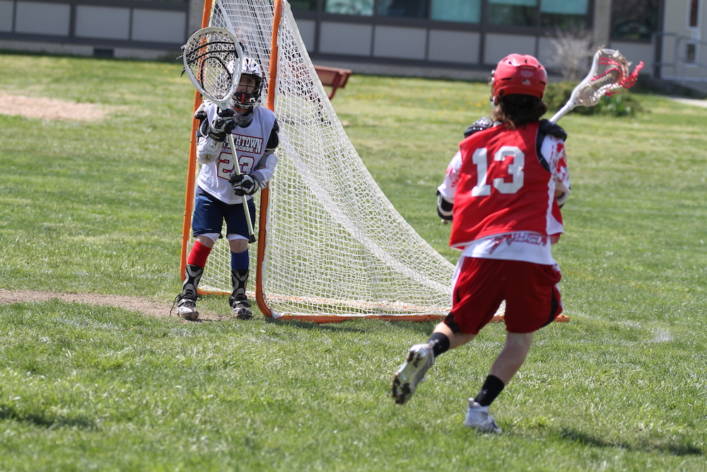
Tell a Coach or Parent if You’re Getting Bullied
First of all, youth lacrosse players should understand it’s not their fault if they’re getting bullied.
Re-read that last section if you still don’t understand that. Bullying in sports is a systemic failure of the coach and team culture he or she has created.
So kids should understand it’s ok to approach a parent or coach when the level of bullying you’re receiving is ruining your lacrosse experience.
For the parents, it’s important that your child is the one doing the talking. Find out what is going on and how the bullying makes him feel. Be sure you also ask what he/she wants to do about it.
If the youth athlete wants the parent to help I think they should go to the coach, not the bully’s parent or the bully themselves.
Parent’s could also help their little goalie come up with clever responses to the bully’s jabs.
Which leads me to my next point…
Stand Up For Yourself
I grew up as a kid in the 80’s before this word “bullying” really started to explode in popularity.
Does that mean bullying didn’t exist? No. Of course it did, kids are brutal.
But I do think my generation was less sensitive to bullying because we learned to stand up for ourselves a little better.
Many times bullying begins in a mild manner – light teasing or name calling. When the bully sees his victim doesn’t respond they more likely to escalate.
However, when a bully sees you verbally spar back they’re less likely to continue. Bullies aren’t looking for people who will take the initiative, they are looking for people who exhibit fear.
Remember to respond without emotion – without anger, without fear. Bullies are often trying to trigger an emotional response out of you and if you get emotional – they win.
Bully: We would have one if you weren’t such a crappy goalie
Goalie (calmly, confidently): You focus on your job, I’ll focus on mine champ
I think teasing is like a game of ping-pong and when a bully serves you the ball you gotta hit it back with a one-liner of your own.
Your body language also reinforces your words.
Things like breaking eye contact, raising the voice, squirming around and not standing still are all giveaways that the bully really has gotten through.
Learning how to deal with teasing is a solid skill for goalies.
As you get into higher levels of lacrosse the fans love to try to get into a goalie’s head. They’ll chirp at you from the sideline all game.
But elite goalies have thick skin. Like water off a duck’s back, their comments don’t matter.
Conclusion
I am, by no means, an expert on bullying and how goalies can deal with that.
This post is a series of tips I’ve seen work with my experience in life and coaching youth lacrosse.
As a coach you have the power to set the team culture that makes everyone on the team friends working towards a common goal.
You also have the power to create a culture where bullying thrives and kids do not enjoy playing this wonderful game of lacrosse.
If you’re a goalie getting bullied, don’t be afraid to discuss the situation with your parents or your coach. Read that last paragraph again – it is the coaches responsibility to ensure that doesn’t happen.
Finally, teasing is a part of growing up. So learn how to be a little tease-proof. That will help you as a goalie as goalie’s need thick skin to survive.
Until next time! Coach Damon
As I said, I’m not an expert in bullying. I’d love to hear from you. Anyone else have tips for dealing with bullying in lacrosse? Leave me a comment down below.
###
Photo Credit








 14 Amazing Lacrosse Goalie DrillsAug. 1, 2024
14 Amazing Lacrosse Goalie DrillsAug. 1, 2024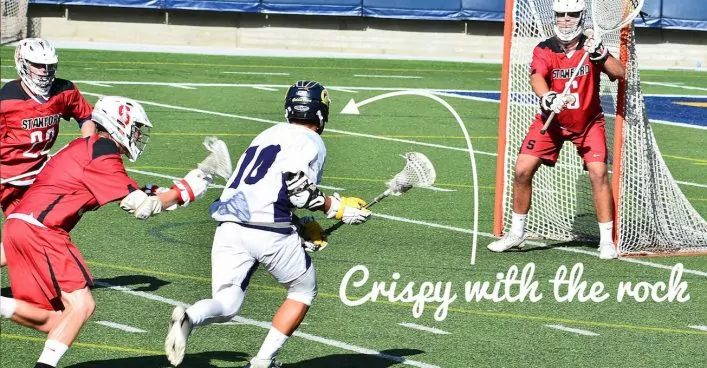 Quick Guide To Lacrosse Slang TermsApril 14, 2025
Quick Guide To Lacrosse Slang TermsApril 14, 2025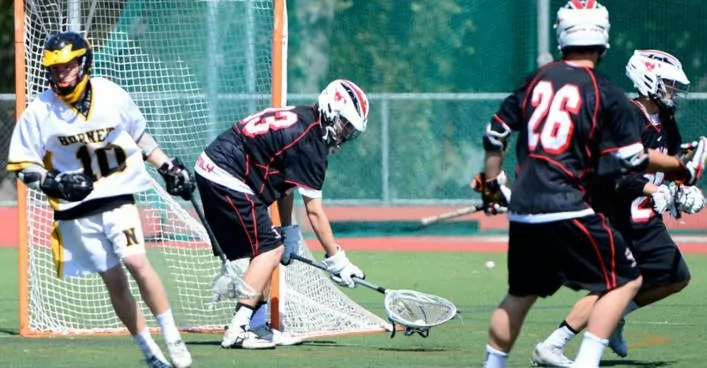 Lacrosse Goalies Rules To KnowJune 28, 2022
Lacrosse Goalies Rules To KnowJune 28, 2022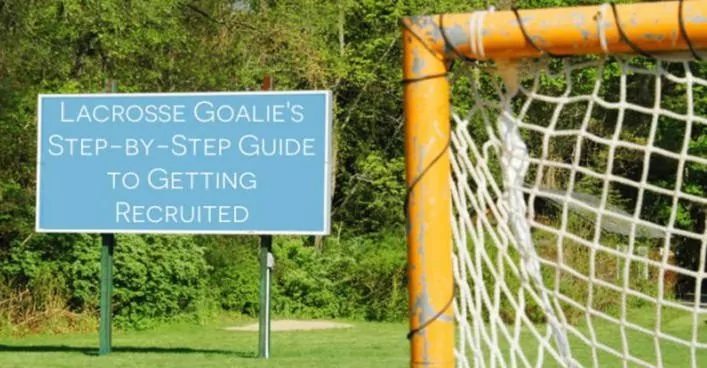 Lacrosse Goalie Step-by-Step Guide to Getting RecruitedFebruary 6, 2022
Lacrosse Goalie Step-by-Step Guide to Getting RecruitedFebruary 6, 2022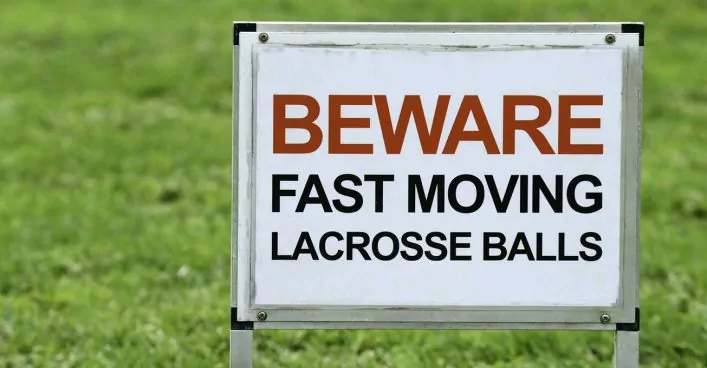 18 Lacrosse Goalie Drills to Improve Your GameApril 24, 2025
18 Lacrosse Goalie Drills to Improve Your GameApril 24, 2025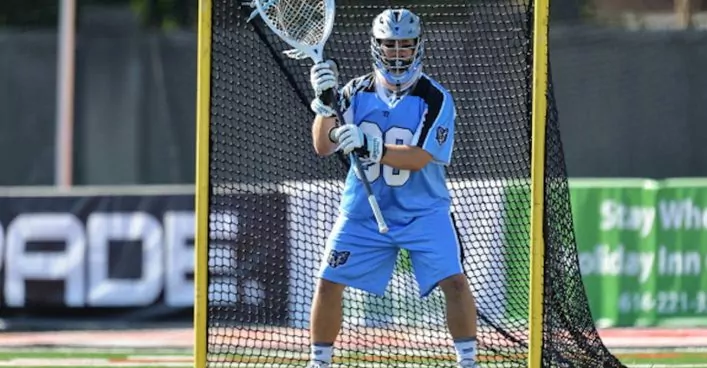 7 Elements of a Great Lacrosse Goalie StanceAug. 1, 2020
7 Elements of a Great Lacrosse Goalie StanceAug. 1, 2020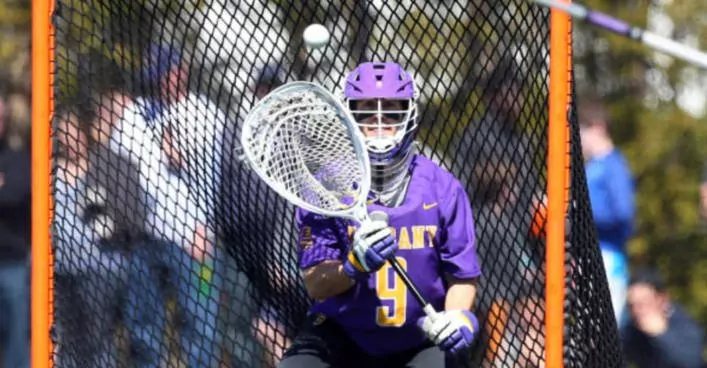 12 Lacrosse Goalie Tips To Take Your Game to the Next LevelSeptember 10, 2024
12 Lacrosse Goalie Tips To Take Your Game to the Next LevelSeptember 10, 2024 STX Eclipse 3 Goalie Head ReviewApril 24, 2025
STX Eclipse 3 Goalie Head ReviewApril 24, 2025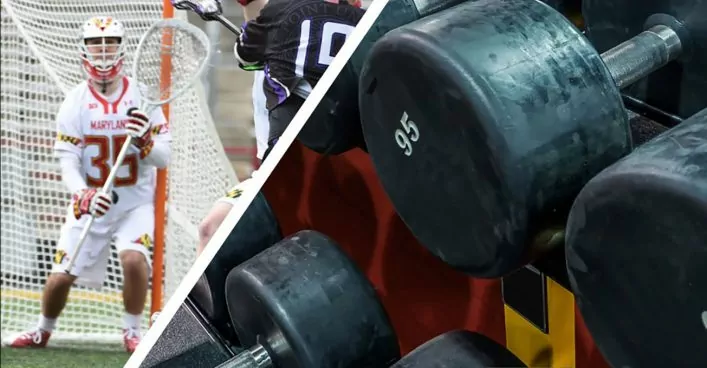 Lacrosse Goalie WorkoutAug. 12, 2019
Lacrosse Goalie WorkoutAug. 12, 2019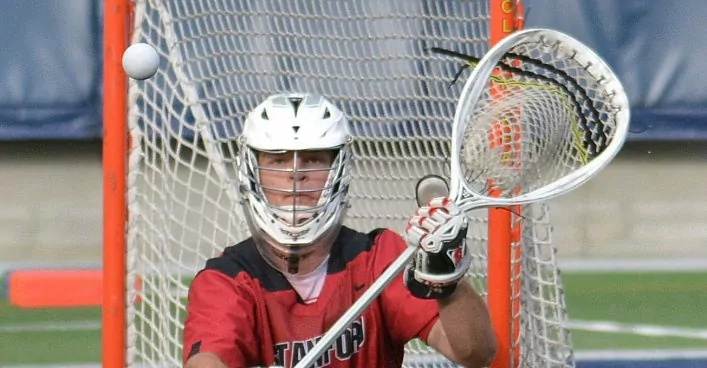 The Basics of Making a SaveJune 29, 2021
The Basics of Making a SaveJune 29, 2021

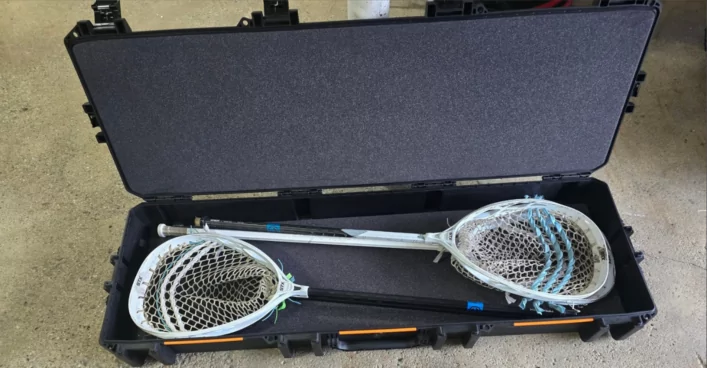

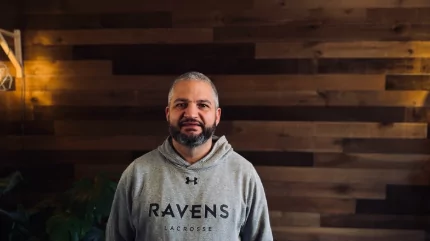
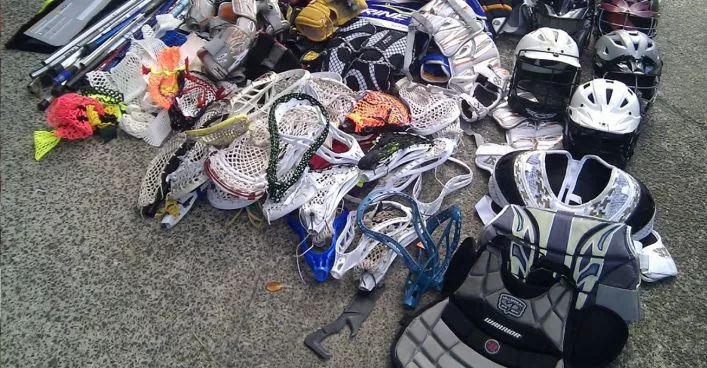

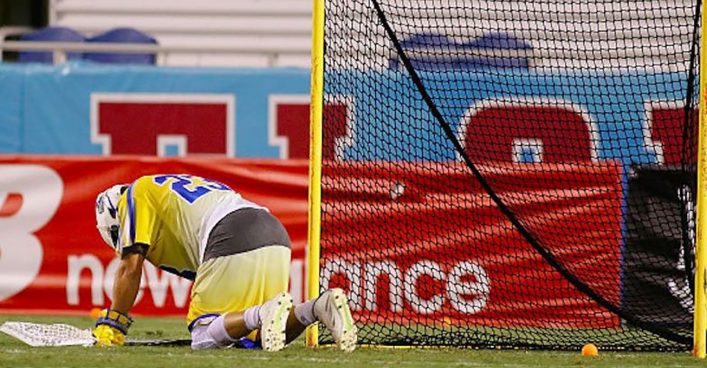
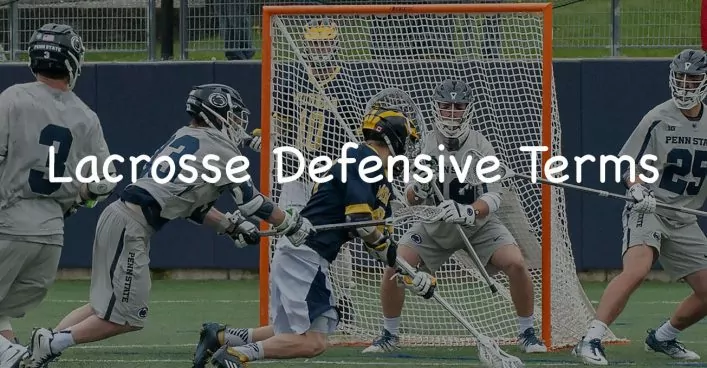
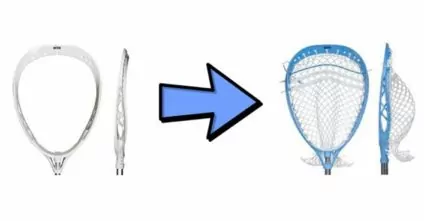
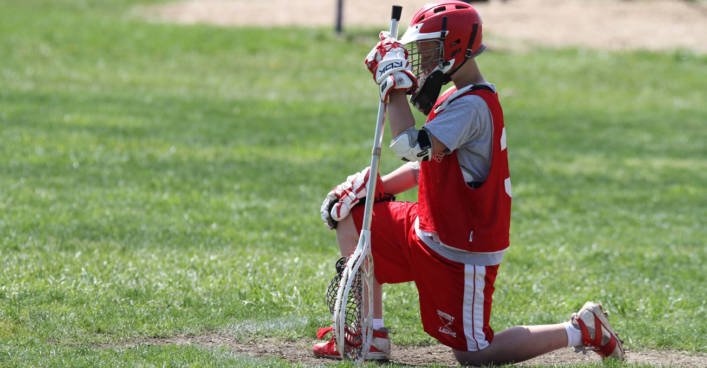





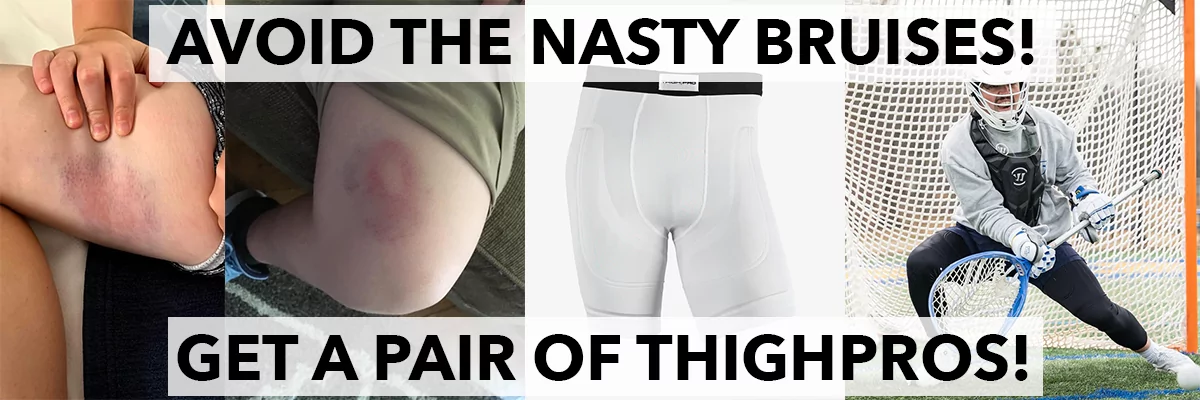




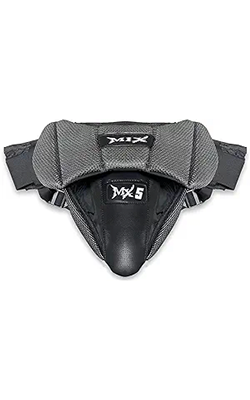







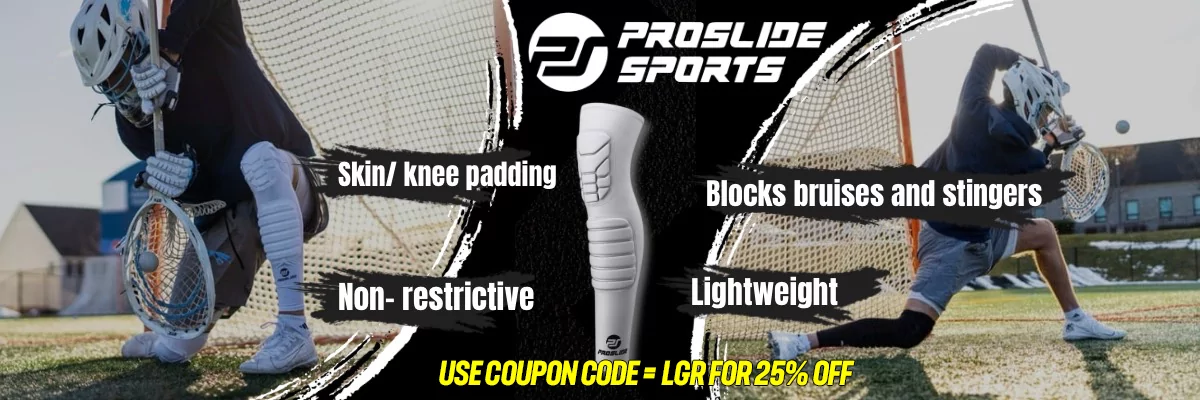






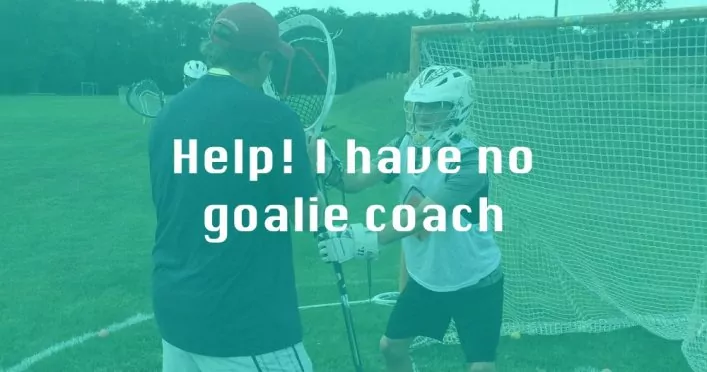
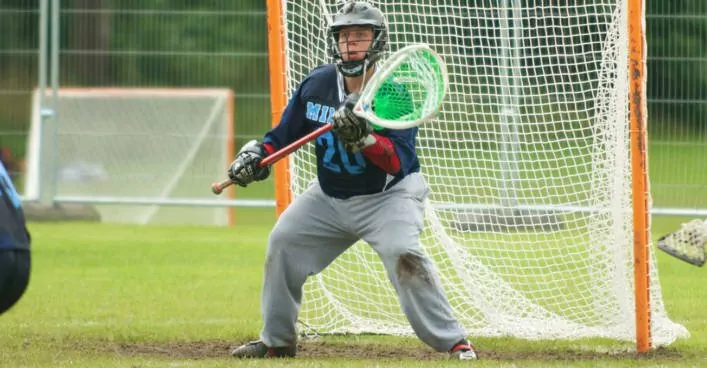
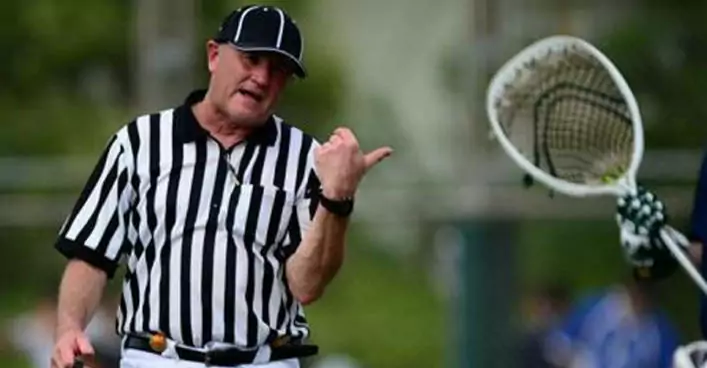
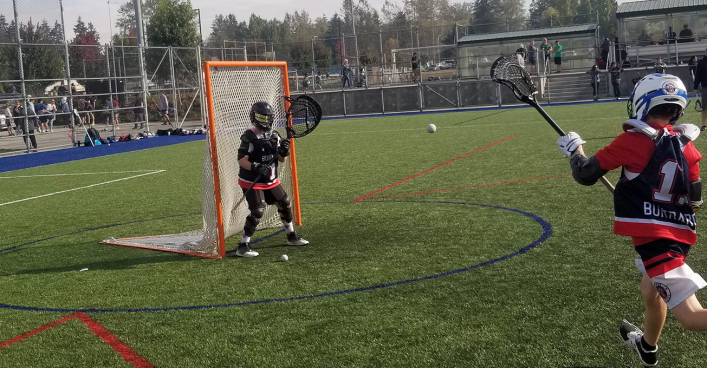
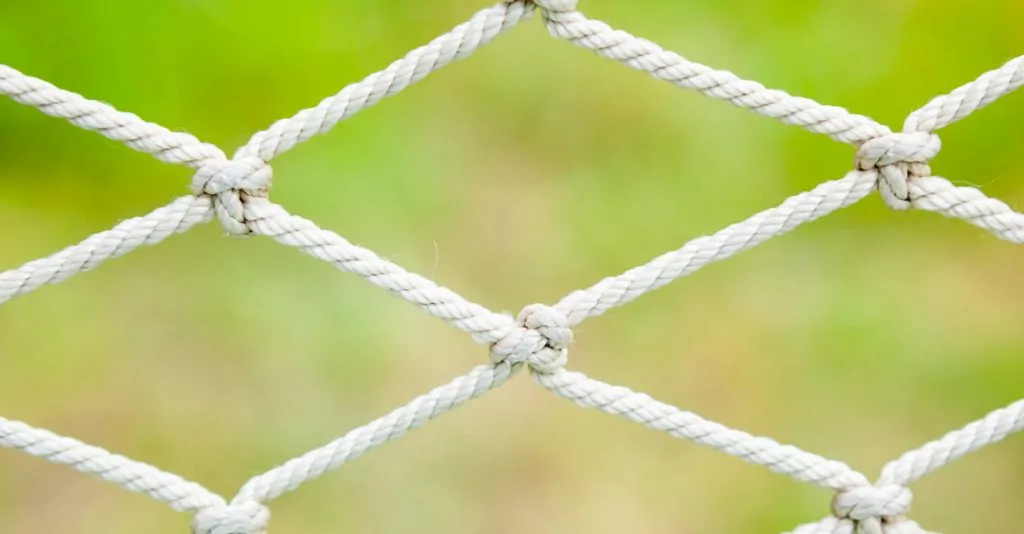









Hey Coach Damon,
Couldn’t agree with you more. Bullying is only an issue if the coaches aren’t doing there job. As a youth coach myself, I take great care to stop bullying in its tracks. Once I see it, I crush it. Its a team culture killer. We need to root for each other out there, especially at the goalie position which is the TOUGHEST position to play both physically and mentally. I tell my players that goalies are at a premium. They’re the bravest ones on the team. Goal scorers are a dime a dozen, but dedicated goalies who work hard and have amnesia when they allow a goal in are solid gold! To the Lax Goalie Dad out there, tell your player to keep his chin up, keep working hard at progressing and ask his teammates to get between the pipes if its so easy. Put up or Shut up!
Thanks for adding that Durkin! I’ve been fortunate to have such strong coaches and great culture on the teams I played for that bullying is somewhat of a foreign concept for me. But I know it does happen and some players/coaches/parents need to help addressing it.
My 11 year old girl is a stud goalie…..she kills it ….she’s had a few bad games over the last few years but is undefeated this year …..as a goalie …make yourself indispensable…work harder than the rest of the team….command respect and you’ll get it…..your in goal cause your tough…..tougher than the rest of the team….if they have something to say…tell them …next practice your suiting up and I’ll take top of the crease cranks on you…….usually shuts the loud mouths up…..to be in net….you gotta be a little cocky …a little nutty…..and a lot in command….drill that into your young rage in the cage and watch them flourish …….I remind her EVERY practice …there’s not a single kid out there that throws the ball harder at you than I do…..it’s boosts their confidence 10 fold when she saves my shots….then stuffs these girls every week on penelty shots…..bottom line parents and coaches need to mold the thick skin ….and notice the slumps ….and teach them what to say back……cause you can’t wrap your kid in bubble wrap their entire life…..stay in net kid…..get tough ……and trash talk them back ….don’t let them in your head…..
Some times I would get bullied when playing at midfield but since I went in net and proved myself to them they have been more supportive. My last game I had to come out of the crease because there was someone on the crease and no one was covering them and then a tall kid came and delivered an elbow to my head. My teammates came by talked to him and then we had to take a breather. But bullying in lacrosse is the worse especially if lacrosse is your escape from bullying in school or other media’s. Just tell your coach and makes sure they keep an eye on them.
Reason I say keep an eye on it is because of the coach tells them to stop they come back harder if they know you’re snitching so if you’re coach says something after seeing it. They will try and talk to the kid because most of the time they are just joking around but the kid who is being bullied doesn’t know it’s a joke.
Thanks adding that Liam!
There is a flip side to this coin, and I have seen it with my son in goal. He has both a strong competitive streak and a flashfire temper, and at times that combination results in him barking at a pole who wasn’t listening to calls, or a middie who lollygagged back on D and left him 1v1 with an attacker. Goalies can bully and blame shift as easily as any other position player, and it is a critical part of the mental game that they must learn to control. I view goalies as coaches on the field, so by extension of Coach Damon’s maxim that coaches set culture, they must be responsible, patient, and supportive as well – no matter how badly the poles in front of them may have screwed the pooch, or how badly they themselves may be playing in goal.
Totally true TG!
This notion that we as kids were better at handling bullying is simply false. We just didn’t have to carry it around all the time like kids do now. If there was an issue with a teammate you used to be able to leave the field or rink and it would be done until the next time you see them. Or if it was someone at school you’d leave at 3pm and it would be done for the day. Now with most of these kids online, it follows them. They get home and they see a message or a picture or something else.
We used to be able to escape our bullies. If your kid is online at all, that’s nearly impossible for them to do that. We weren’t tougher, we could just get away from it easier.
Interesting point. It’s true. More privacy back in our day.